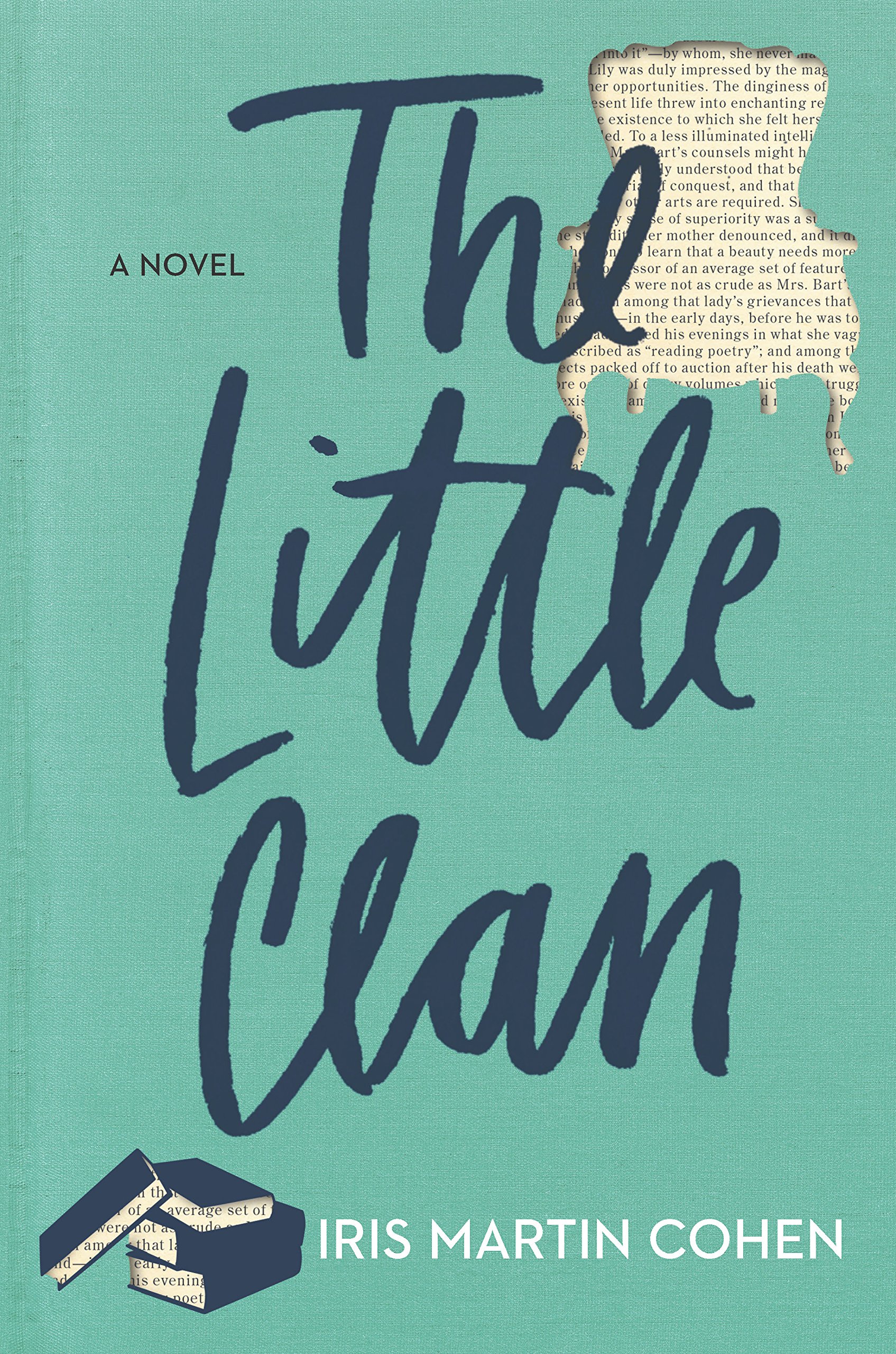Read fast, as this literate world grows more little by the day
In the world imagined by Iris Martin Cohen, would the sometimes mysterious fascination of Little Women be revealed? Perhaps by a character about whom the narrator writes is “desperate for solace?” Or would the narrator keep the secret by simply telling the story in Little Women dialect? That oppression or persecution by peers was simply a matter of being born at the wrong time, and thereby justifying a rush “into the open [sic] arms of classic literature?” Was hanging out in Baker Street so appealing that it was Conan Doyle, not Holmes and Watson who seemed fictional? Not to mention vulgar contemporaries?
More to the point, are the enough readers interested in a character who insists that books “define her life?” They’re not busy catching up with the latest streaming show? Exchanging selfies on Instagram? They are the ones who will bob and weave with the prose, as in:
Ava found the shame of her lie dissipating rather quickly in the benevolent glow of the fast-descending hibernal twilight and the promise of seeing Ben again so soon.
While at times this reviewer is himself desperate for “the casual entitlement of vertical parity” with worthwhile, enviable acquaintances and adversaries, for someone who might call out my “distinctive aesthetic” or conversations in which the participants bemoan their “desultory attempts” at topics less “pedestrian,” the world drawn in The Little Clan seems even more little after sinking a few feet beneath its waves.
Here’s a character sick of being told to read Three Guineas by Virginia Woolf. If this sentiment inspires, or reverberates somehow, this is a must read. Soliloquies and extended passages of contemplation — hoped-for by this reviewer given the synopsis — are rare; this literate world is primarily a social, not a literary construct in the Kate Braverman tradition.
Still, read fast, as this world seems to grow smaller by the day.
Review copy kindly provided by Park Row through Amazon Vine.
